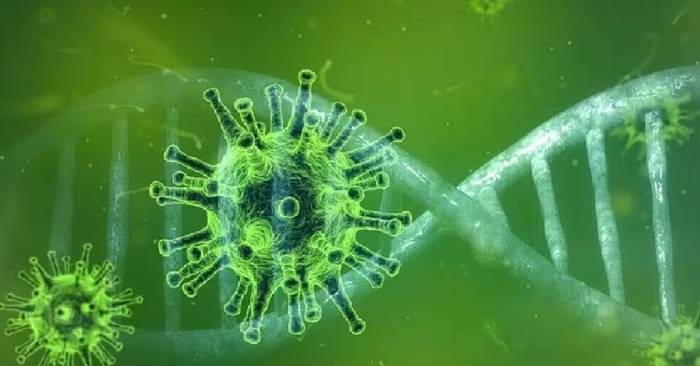Origin of Nipah Outbreak in Kerala Remains Unclear as Bats Test Negative

The source of the Nipah outbreak in Kerala continues to elude investigators, as bats captured from the affected areas have tested negative for the virus. Both the Central and state Animal Welfare Boards conducted bat captures, including at the residence of Maruthonkara Mohammed Ali, the presumed index case.
Out of the samples collected, 36 showed no signs of the virus. The health department has committed to ongoing testing of bats and other animals. In previous outbreaks in the state, Nipah had been detected in bats, but the precise method of transmission from bats to humans remains a mystery.
Experts emphasize that a clear understanding of the transmission route is crucial for the development of effective preventive measures. The unusual deaths of wild boars in Nipah-affected regions have raised concerns, leading to suspicions that this outbreak may have originated from pigs.
Notably, residents in areas like Janakikadu, Ottakandam, and Charuthippara observed a significant number of wild boar fatalities. An examination of a dead wild boar in the Changaroth Panthirikkara area prompted sample testing, but the health department maintains that there is no abnormality in the pig deaths.
The world’s first reported Nipah outbreak occurred in Malaysia in 1998, where it was established that the virus was transmitted from pigs to humans. Subsequent studies confirmed that bats were the carriers responsible for transmitting the virus to domesticated pigs.






